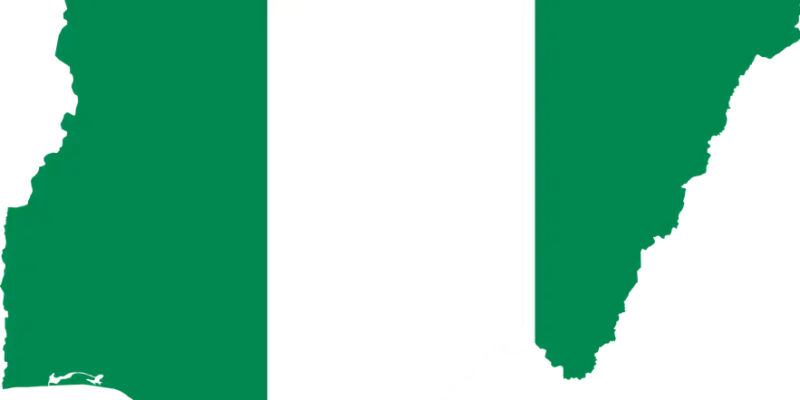Foreign direct investment (FDI) into Nigeria fell sharply by 70.06 percent quarter-on-quarter to $126.29 million in the first quarter of 2025, according to the latest Capital Importation report released by the National Bureau of Statistics (NBS).
The steep drop came despite an overall rise in total capital inflows, which climbed to $5.64 billion in Q1 2025 — up from $5.09 billion in the same period of 2024 and $3.38 billion recorded in Q1 2023.
Analysts say the data underscores a worrying trend: foreign investors are favouring short-term financial instruments over long-term investments that can drive sustainable economic growth.
On a year-on-year basis, FDI posted a modest 5.97 percent increase from $119.18 million recorded in Q1 2024. However, its share of total capital inflows dropped significantly to just 2.24 percent in Q1 2025, down from 8.29 percent in the previous quarter and 3.53 percent in the corresponding period last year.
The NBS report further revealed that the vast majority of the $5.64 billion capital inflows — about $4.21 billion, or 74.6 percent — went into money market instruments such as Open Market Operation (OMO) bills and Treasury Bills, highlighting investor preference for quick, low-risk returns over long-term commitments in productive sectors.
The figures point to a growing disconnect between rising capital inflows and actual investment in industries capable of spurring job creation and economic diversification.

Comments